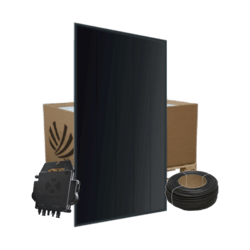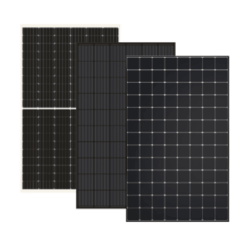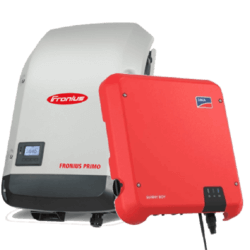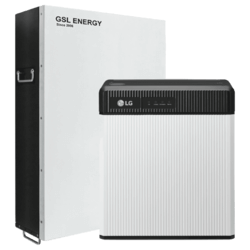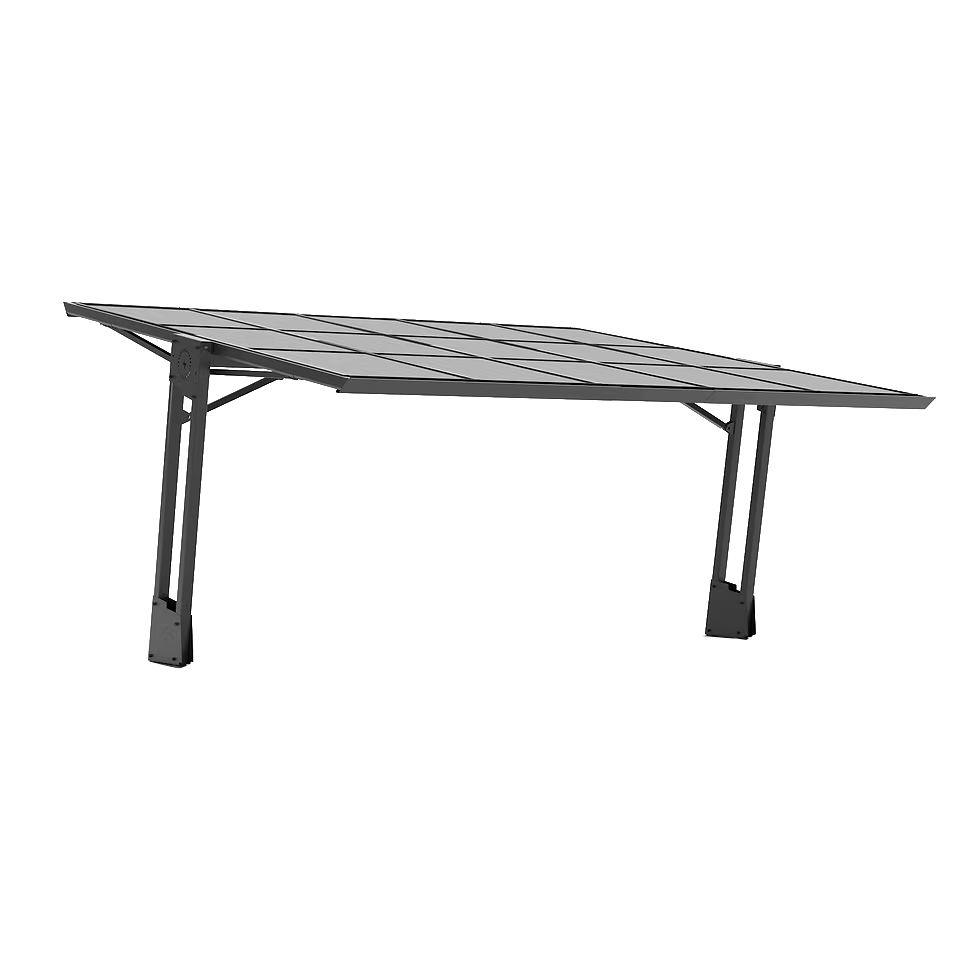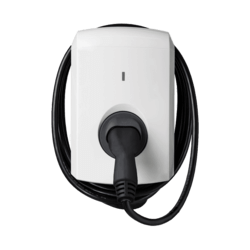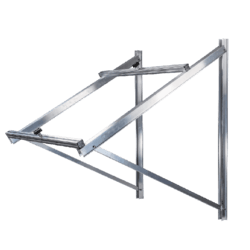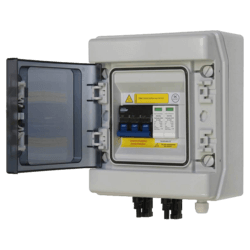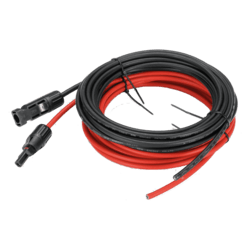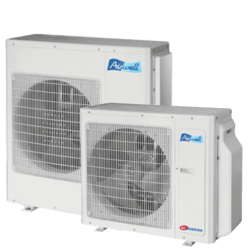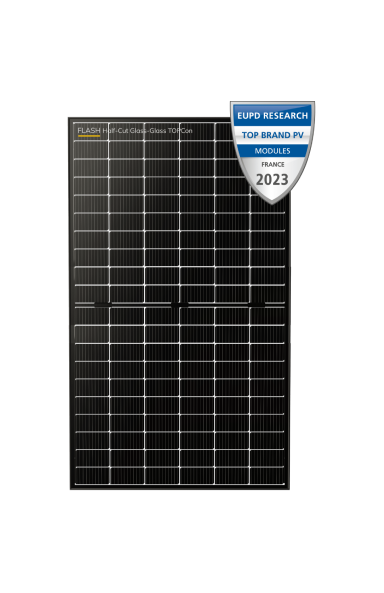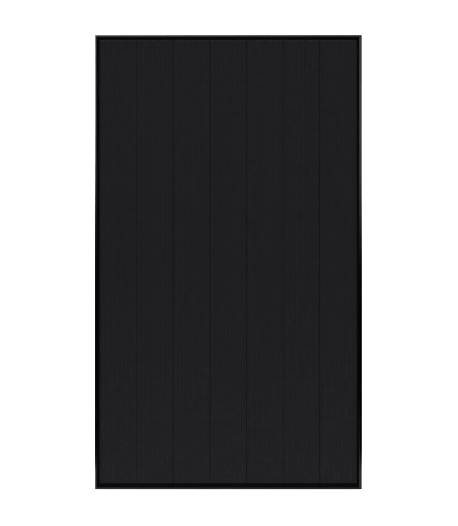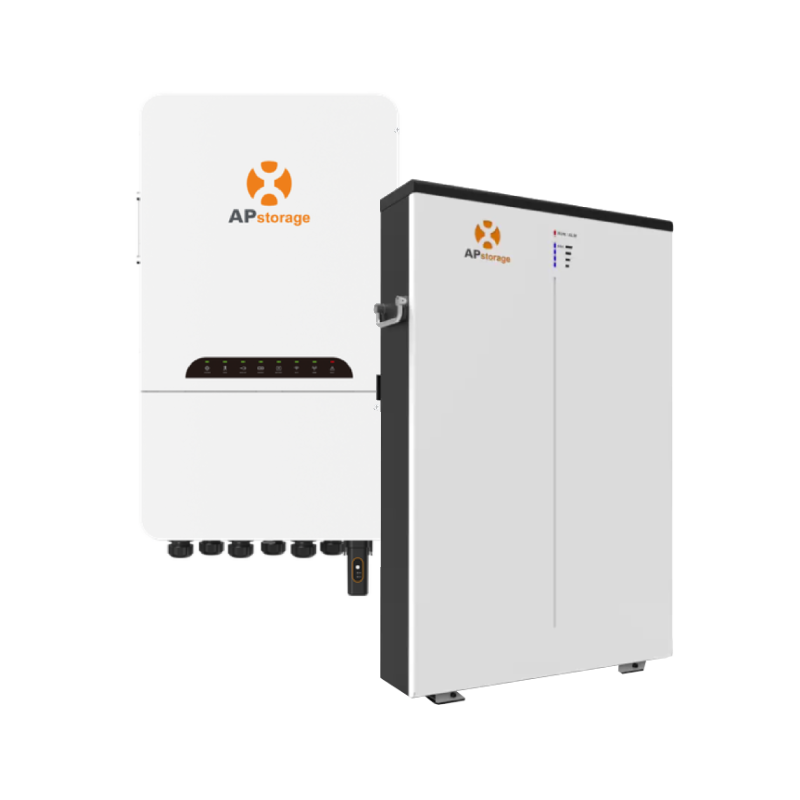Single-phase and three-phase boxes for your solar installations
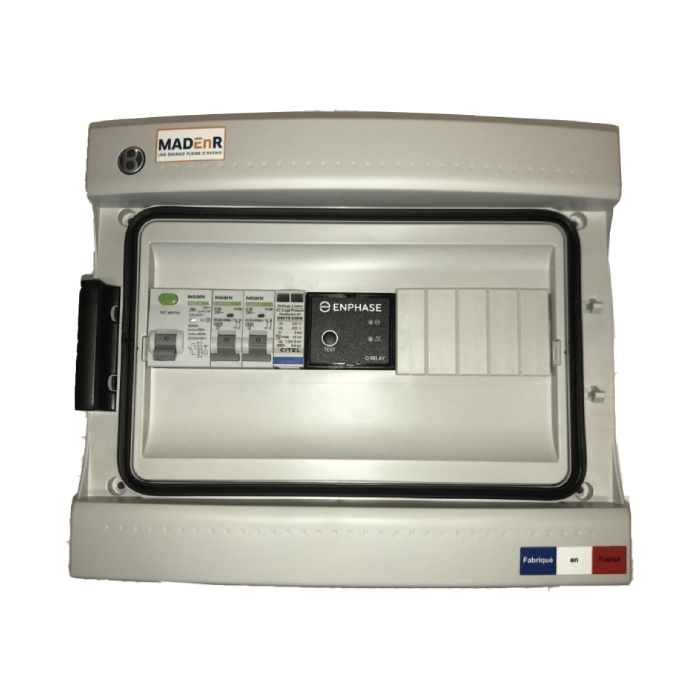
MAD Enphase Triphase 9KW AC Box with Q Relay
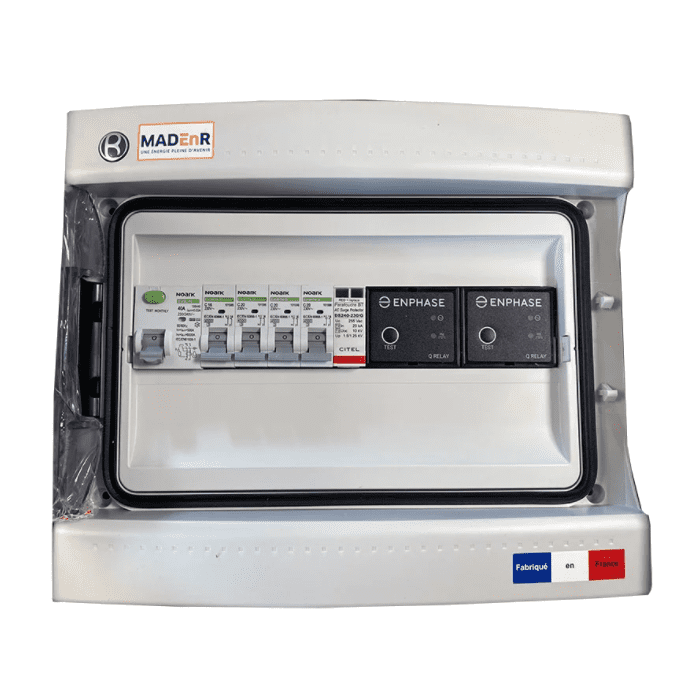
MAD Enphase Mono 2X3KW AC Box with 2 Q Relays
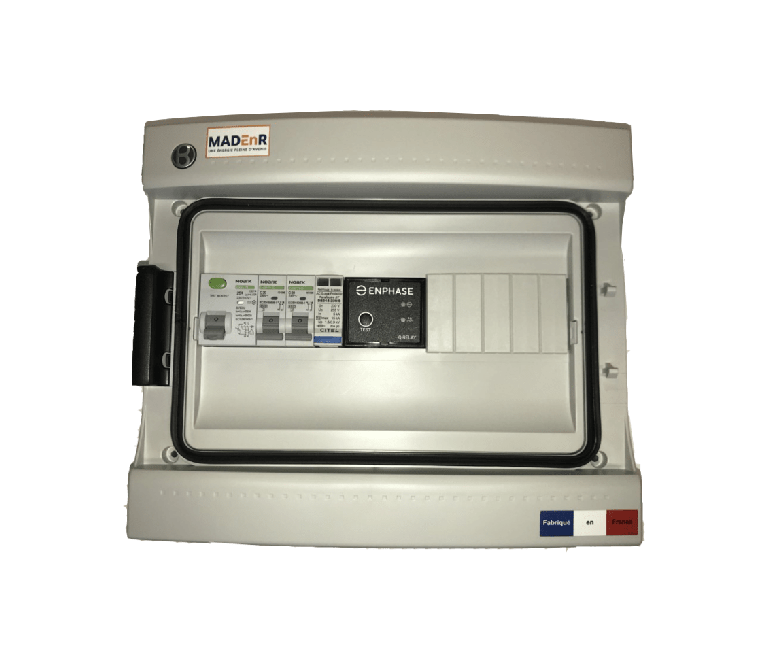
MAD Enphase Mono 3KW AC Box with Q Relay
With the boom in renewable energies, photovoltaic installations are becoming an increasingly popular solution for producing green energy. A key factor in ensuring that they work properly and that the installation is secure is the choice of the right electrical box, whether single-phase or three-phase. In this article, we explore these two types of enclosure in detail to better understand their roles and importance.
Why choose an enclosure for your photovoltaic installation?
Enclosures play a crucial role in protecting your modules, equipment and electrical infrastructure associated with the installation of solar panels and plug and play solar kits. Their main role is to ensure the safe distribution of the electricity produced, while offering various levels of protection against overvoltage, short-circuits and other anomalies. At Planet Soar Shop, we provide wall-mounted enclosures tailored to your specific needs thanks to our team of experts available on +33 3 28 53 52 01.
AC protection and lightning arresters
A well-designed enclosure contains devices to protect your installation against power surges and lightning strikes. The use of an integrated lightning arrester ensures greater safety in the event of storms, preventing potential damage to photovoltaic equipment. It is important to select an enclosure that incorporates adequate alternating current (ac) protection.
Single-phase enclosure vs. three-phase enclosure: which one to choose?
The choice between a single-phase and a three-phase enclosure depends mainly on the configuration of your installation and the power required. To make an informed choice, it's important to understand the features and benefits of each type.
Single-phase enclosure
Single-phase installations are generally used for small residential or commercial installations with moderate power requirements. Here are some of the features of this type of enclosure:
- Ideal for installations up to approximately 6 kW of power.
- Easy to install and maintain.
- Ideal for standard domestic networks.
Three-phase enclosure
Three-phase installations, on the other hand, are designed for configurations requiring greater power, such as industrial buildings or large commercial installations. The main advantages of three-phase enclosures are :
- Suitable for installations with a power rating of over 6 kW.
- Balanced distribution of the electrical load over three phases.
- Reduces electrical losses and optimises overall performance.
Installing an enclosure for a photovoltaic system
Installing an enclosure, whether single-phase or three-phase, requires careful planning and strict compliance with safety standards. This section explains the main steps to follow when integrating an enclosure into a solar panel installation.
Assessing requirements
The first step is to assess the energy requirements of the installation. This includes determining daily electricity consumption, peak consumption and the specifics of the existing grid. This is where our expertise at Planet Soar Shop comes in to help you size your installation correctly.
Choosing the right cabinet
Once you've assessed your needs, it's essential to choose the right enclosure. This includes the selection of internal components such as AC protectors, surge protectors, fuses, circuit breakers and other safety elements. We can guide you through this critical step on +33 3 28 53 52 01.
Installation and connection
Installation must be carried out by a qualified professional to ensure compliance with safety and performance standards. The enclosure chosen will be fitted, wired and tested to ensure that it operates correctly and provides optimum protection for the entire photovoltaic system.
Maintenance and optimisation of an electrical box
Regular checks
To maintain the reliability and efficiency of a photovoltaic installation, periodic inspections of the enclosure are necessary. These checks include visual observation of components, measuring voltages and currents, and checking electrical connections. Early detection of anomalies helps prevent major breakdowns and extend the life of the equipment.
Technological updates and developments
The renewable energy sector is evolving rapidly. New technologies appear regularly, offering improvements in terms of performance and safety. As a user, keeping your cabinet up to date with the latest components can fully optimise your installation. At Planet Soar Shop, our experts can advise you on best practice and possible upgrades.
Cost and profitability of solar panel cabinets
Another important aspect to consider is the cost associated with the purchase and installation of single-phase and three-phase cabinets. Investing in quality equipment not only guarantees the longevity of your infrastructure, but also greater profitability in the long term.
Initial costs
The prices of enclosures can vary considerably depending on their technical specifications, the materials used and the brand. A basic single-phase enclosure will generally be less expensive than a complex three-phase enclosure with advanced features. Don't forget that a higher initial investment can often translate into long-term savings through improved performance and reliability.
Return on investment
Installing a complete photovoltaic system represents a substantial financial commitment. However, the savings on electricity bills, combined with any local subsidies or tax incentives, can make the investment very attractive. When combined with optimum protection via the appropriate enclosures, this maximises the durability and efficiency of your installation.
How Planet Soar Shop can support you
At Planet Soar Shop, we understand that every project is unique. Our team of experts is on hand to carefully consider your needs and provide you with tailor-made solutions. You can contact us on +33 3 28 53 52 01 for a personal consultation to help you make the transition to solar energy with peace of mind.

